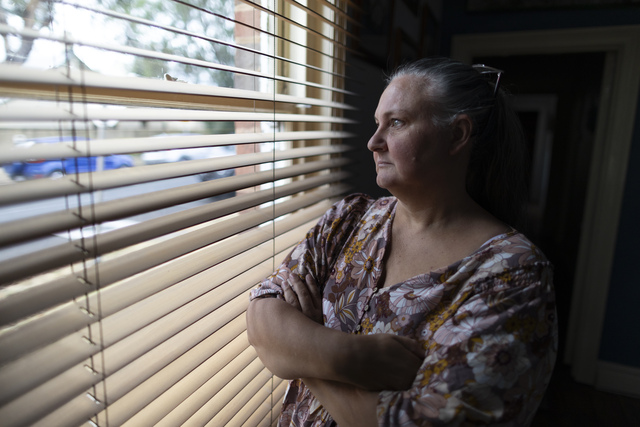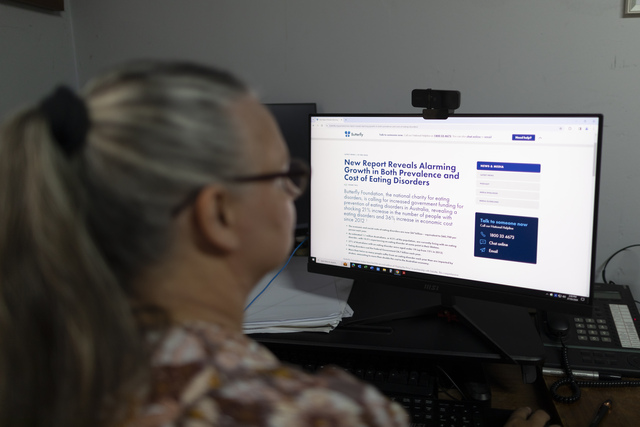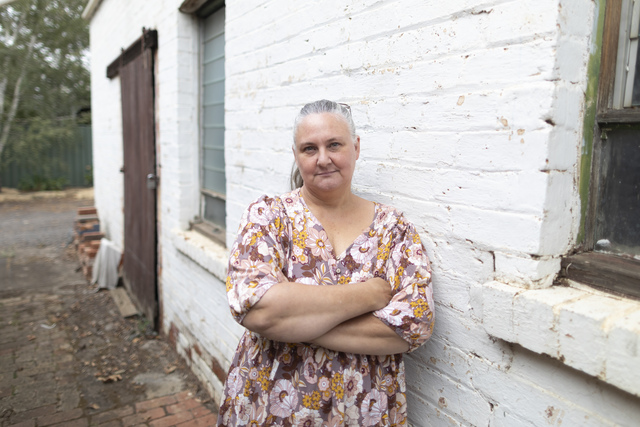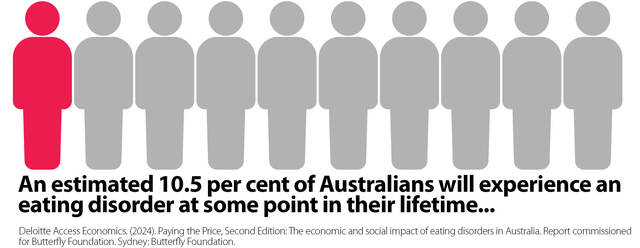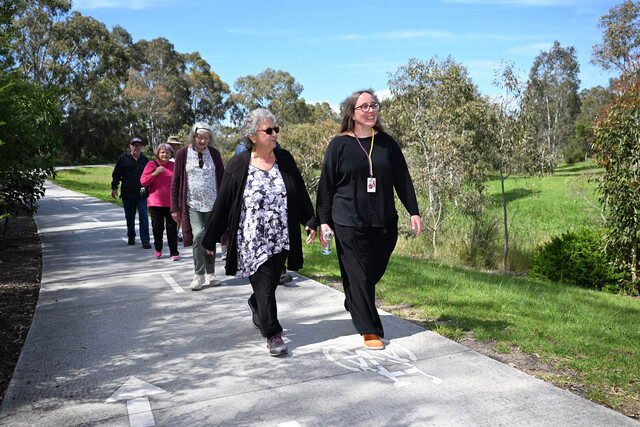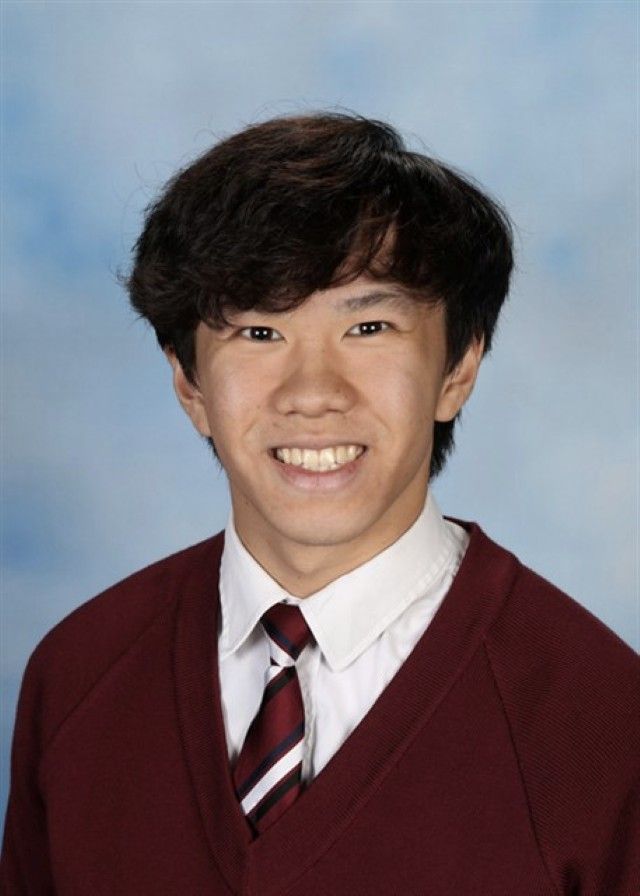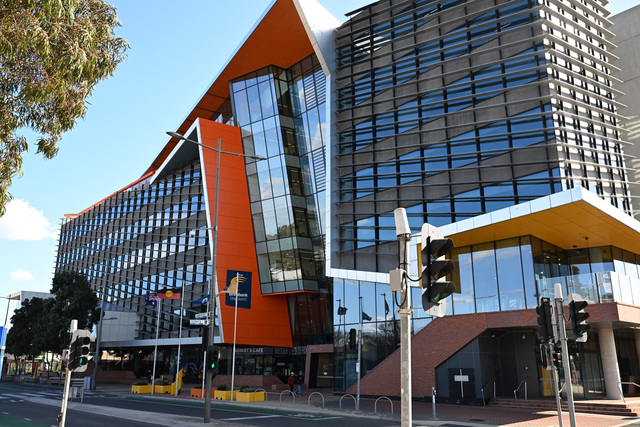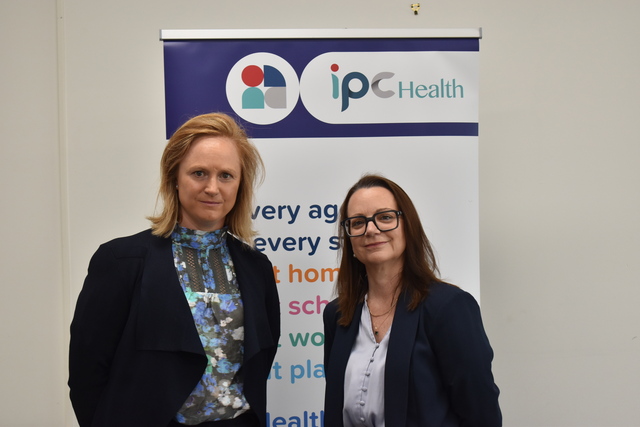Gisborne’s Tamara Wilson says watching her daughter battle an eating disorder was a form of ’living grief’. With eating disorders on the rise, more and more Australian families are confronting this distressing health issue as Zoe Moffatt reports.
When Gisborne mother Tamara Wilson sat with her daughter at the Royal Children’s Hospital in 2012 she felt an overwhelming sense of grief start to wash over her. Grief that she was losing her then 14-year-old daughter Brooke to an eating disorder.
Sitting next to her mother, Brooke would have bruising on her back from sit ups and excessive exercise, her eyes would be sunken in and dark, and her lips would start to turn blue.
For Tamara and Brooke, the next 20 or so months would include 22 hospital emissions, regular ambulance rides, feeding tubes, fights at meal times, missed school time and copious appointments with healthcare professionals.
But the toughest part for the mother-of-three was the grief that she was losing her daughter.
“I remember sitting in ward rounds next to Brooke and [she] was just a shell of [a] person,” Tamara said.
“A shell of the person that I had given birth to and brought up and, and loved and continued to love but she just wasn’t there anymore.
“There was a living grief that comes with it as a carer or as a parent, which is- and took a lot of time to accept- that this was going to be our life.”
While this reality may seem far flung from most Australians, it is a reality that is creeping its way into more and more lives. A recent report from the national eating disorder charity only supports this.
The Butterfly Foundation report released in February estimated 1.1 million Australians, or 4.5 per cent, are currently living with an eating disorder.
The report estimates 10.5 per cent of Australians will experience an eating disorder at some point in their lifetime. If there are nine other people near you, take a look around because statistically one of you will be affected.
For Tamara however, this was a circumstance she never thought would enter her life.
When Tamara noticed Brooke was losing a lot of weight quickly she took her to doctors, but after an unhelpful and dismissive appointment, Tamara said she started to do her own research.
“[I felt] more confused and more lost. [Brooke] continued to lose weight.
“I looked up eating disorders, and got an information page that I printed out and read. I then sat down with Brooke and said, ‘I think this is what we’re dealing with’.”
When talking about this timeline, Tamara admits she probably didn’t approach the conversation the best way and was “quite judgemental”.
Two days later Brooke was taken to the emergency department and admitted to hospital for the first time on what became a long journey.
“I was shocked and devastated and felt like I had neglected her, like that I should have seen all of this sooner.
“I honestly thought it would be a case of they’ll pop her on a drip, they’ll rehydrate her, they’ll put some food into her, and we’ll come home and it’ll all be better.
“Completely naive to the journey that we were on.”
In the following years Brooke would go on to finish year 11 but not complete her final year of schooling.
“She spent more time in hospital in her teens than she did at home. We had an ambulance at our house every week that she was home,” Tamara said.
Tamara would also have to shut down a large portion of her business to care for Brooke, but thanks to the generosity of one client she was able to keep up with her mortgage.
“They paid for my mortgage for six months, they put a cleaner in my house for six months and they continue to employ me at the same rate.
“I don’t think I would have survived without that support.”
Fast forward to today, Brooke is a registered nurse and has an 11-month-old baby, and Tamara runs Gisborne health promotion charity P.S. My Family Matters.
Tamara said Brooke still struggles with her weight but is thriving.
“The pregnancy was particularly difficult for her. She still exercises and she has a very, very rigid routine around food and exercise but she lives a very normal life,” Tamara said.
“I call her my little miracle. We treasure every second of life with her and celebrate all of our successes.”
While Tamara and Brooke’s experience with eating disorders can be rounded out to two people who are thriving, the same cannot be said for a growing number of Australians who are affected.
The Butterfly Foundation’s report is the second edition of ‘Paying the Price’ after the first edition in 2012, and reveals a 21 per cent increase in the number of people with eating disorders.
In 2023, there were 1273 deaths due to an eating disorder.
It also found 27 per cent of individuals with an eating disorder are aged 19 years or younger, an increase of 12 per cent since 2012.
Tamara said it’s appalling that it has taken more than a decade for another report of this kind to be published.
She said the thing that peaked her interest was that more people died from an eating disorder last year than the road toll, which was 1266 fatalities.
“There is so much put into saving people in the road toll and reducing that, yet eating disorders are neglected. I think it’s terrible.
“I support a lot of families within the Macedon Ranges and Sunbury that have children with eating disorders, and it’s so challenging, they don’t know where to go.”
Tamara said the other thing that she noticed from the report is that early intervention needs so much more attention.
“Trying to get that early intervention is really challenging because you can’t get the really good services until you’re critical.
“I have families that are waiting for admissions… [those affected] are skin and bone and the parents are just watching them die.
“It’s swept under the carpet and there still is a huge stigma- it is a mental illness, there is still stigma around mental health and mental illness.”
Education works hand-in-hand with early intervention, and Tamara said there needs to be education in schools and education to parents on how to model healthy eating behaviours.
If you or someone you know needs support with an eating disorder the Butterfly Foundation can be contacted on 1800 334 673, or via an online chat or email. Information: https://butterfly.org.au/

